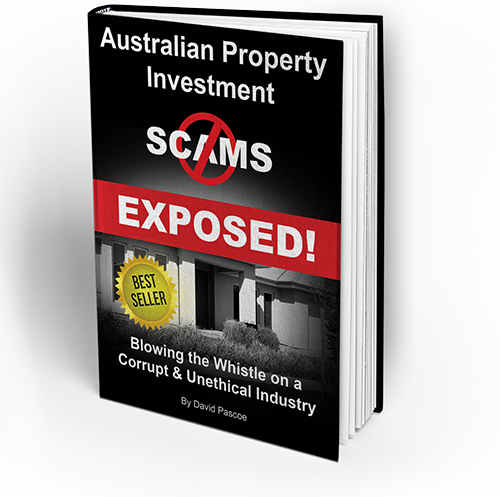How to Invest in Property and Fail – Common Investment Mistakes
Property investing has been to be a ticket to wealth for the many. It has also led many to bankruptcy. Let us take a look at how many of us invest in property to fail, and how we can avoid these common mistakes in the future.
Monkey see, monkey do
Many investors bought a house for sale but didn’t really know what to do with it. But, why buy in the first place? Well, it’s what everybody did to get wealthy, so might as well follow suit. The problem with this is that not knowing what you want to achieve sets you up for failure from the very start. So before buying, make sure you have a strategy! Here’s a few:
- Buy an undervalued home and resell it on an open market for a profit.
- Be a house flipper; buy one that needs improvement, add value to it and re-sell at a higher price.
- Develop new flats or houses and let or sell.
- Buy a duplex home; live on the first unit and rent out the second.
- Invest in multiple properties and let them out.
Pick a strategy that matches your investing profile and get really good at it. Then maybe, when you’re ready, combine one or two strategies later.
Follow the buzz
Another common mistake many investors make is not doing proper research on the property they want to buy. They listen to the buzz; they choose what’s popular. For example, relying too much on the “hot spot” lists printed on glossy magazines without taking into consideration that by the time those magazines hit the news stand, savvy investors are already moving out of those so called hot spots.
If you are an aspiring real estate investor, make sure that the news you are reading or listening to is not only informative but also timely and relevant to the current market condition. Do your own research. Talk to a property consultant and get information about the local market conditions.
Too many bad debts
When investing in property, especially if you are buying to let, it helps to have a safety net against occupancy dips, repairs and maintenance, and the like.
This can be achieved by limiting your bad debts. The latter can eat up your cash flow, which supposedly can help you create a safety net against your operating costs.
Where’s the raft
If your investment did not proceed as you would like it to be, how do you plan to get your money out of a potential loss?
Failing to plan is planning to fail, so plan your exit strategies. As your circumstances, investment goals and market conditions change, you’ll want to have various options in case things don’t go in your favour.
To get a head start in real estate investing, sign up for our free e-book where we answer some the most important questions you must ask any property consultant before jumping on the property investment bandwagon.


